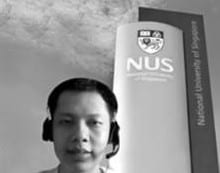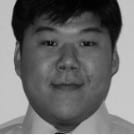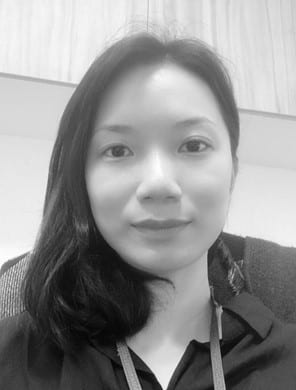YEO Su Ping, Centre for Medical Education (CenMED), Yong Loo Lin School of Medicine (NUSMed)
ANG Chee Yen, CenMED, NUSMED
LEE Shuh Shing, CenMED, NUSMED
Dujeepa SAMARASEKERA, CenMED, NUSMed
Su Ping and his co-presenters share their experience of using the learning management platform CenMED Scholar to offer their faculty development programme in a blended format. They presented this teaching and learning experience as a PechaKucha during the online Higher Education Campus Conference (e-HECC) 2020.

Yeo, S. P., Ang C. Y., Lee S. S., & Samarasekera, D. (2020, Dec 8-9). Blended learning using Centre for Medical Education Scholar (CenMED Scholar) during COVID-19 [Conference presentation]. Online Higher Education Campus Conference (e-HECC) 2020, Centre for Development of Teaching & Learning, National University of Singapore. https://blog.nus.edu.sg/teachingconnections/2022/01/26/blended-learning-using-centre-for-medical-education-scholar-cenmed-scholar-during-covid-19/
The Centre for Medical Education Scholar (CenMED Scholar) is a learning management platform developed by CenMED to train busy clinicians and educators located across wide geographical locations at different training sites to provide Just-In-Time (JIT) learning.
The COVID-19 pandemic forced a shift in the delivery format of CenMED workshops and courses—from face-to-face to virtual. Rather than an entirely online workshop conducted over Zoom or Microsoft Teams, CenMED introduced an online blended learning approach for its faculty development programme. Traditional blended learning is found to have a synergistic effect on face-to-face and online learning. Additionally, this format retains interpersonal communication and fosters flexibility in learning. (Heydari et al., 2019). Besides conducting the workshops through an online platform, the CenMED team also tapped on CenMED Scholar to provide participants with pre-learning materials before attending the online sessions with the facilitators.
In this PechaKucha presentation, Su Ping and his colleagues at CenMED share the process of utilising CenMED Scholar for blended learning and the feedback received.
 |
YEO Su Ping is Assistant Manager at the NUS Centre for Medical Education (CenMED), Yong Loo Lin School of Medicine. Su Ping can be reached at yeo_su_ping@nus.edu.sg. |
 |
ANG Chee Yen is an Assistant Manager at the NUS Centre for Medical Education (CenMED), Yong Loo Lin School of Medicine. His primary role is to support the NUSMed Undergraduate programmes (including Electives posting) at CenMED. He is passionate to always explore new ways of doing things better (with technology or processes) and firmly believes in looking at things from different perspectives. Chee Yen can be reached at cheeyen.ang@nus.edu.sg. |
 |
LEE Shuh Shing is the Assistant Director at CenMED. She was previously a Medical Educationalist attached to the Medical Education Research and Development Unit (MERDU) in University of Malaya. After obtaining her PhD in education, she has been actively involved in MBBS curriculum planning and provided staff training in University of Malaya. Her main research interests are in teaching and learning approaches, technology in teaching and learning, student learning and qualitative research. Shuh Shing can be reached at medlss@nus.edu.sg. |
 |
Dujeepa SAMARASEKERA is the Senior Advisor, CDTL, Senior Director, CenMED, and Senior Consultant at the Ministry of Health (MOH), Singapore. Dujeepa has been involved in curriculum development, quality assurance and accreditation and faculty development at both undergraduate and postgraduate level health professional courses. Dujeepa can be reached at meddds@nus.edu.sg. |
Reference
Heydari, S., Adibi, P., Omid, A., & Yamani, N. (2019). Preferences of the medical faculty members for electronic faculty development programs (e-FDP): a qualitative study. Advances in Medical Education and Practice, 10, 515-526. https://doi.org/10.2147/AMEP.S205306

